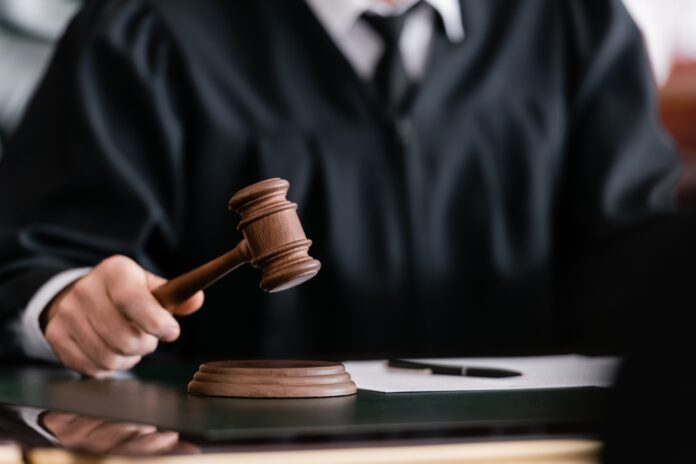By Peter Hall
The Pennsylvania Supreme Court has agreed to consider whether homophobic Facebook posts shared by two northwest Pennsylvania school board members are public records under the state’s Right-to-Know Law.
In the first-of-its-kind case, a Meadville, Pa., attorney filed a Right-to-Know request for Facebook posts and comments made by Penncrest School Board member David Valesky and board President Luigi DeFrancesco in response to a display of books addressing LGBTQ+ issues outside the Maplewood High School library.
The Pennsylvania Office of Open Records and a Crawford County judge ruled in attorney Thomas Cagle’s favor, directing the school district to comply with his request for posts and comments “related to homosexuality and Penncrest School District, its officials, employees, or students, or its curriculum, physical [resources], or electronic resources.”
Noting that no Pennsylvania court has directly tackled the question of whether public officials’ personal social media posts can be considered public records, a Commonwealth Court panel reversed the decisions.
Penncrest School District drew attention earlier this year when its board passed controversial policies on library materials that amounted to a ban on LGBTQ+ books and banned transgender female athletes from competing on girls’ sports teams.
According to the Commonwealth Court’s opinion, in May 2021 a parent in the school district posted a photo of the Pride Month book display with the comment, “Hey Maplewood/PENNCREST parents…just a little pic of what is on display at Maplewood High School Library… I realize this makes me a hater, but I am totally ok with that label.”
Valesky shared the post on his personal Facebook page, adding the comment, “This is on display at Maplewood High School. Besides the point of being totally evil, this is not what we need to be teaching kids. They aren’t at school to be brainwashed into thinking homosexuality is okay. Its [sic] actually being promoted to the point where it’s even ‘cool.’”
DeFrancesco also reposted the photo and original comment, the opinion says.
The school district’s Right-to-Know officer denied Cagle’s request on grounds that no such comments existed on school district Facebook accounts.
The state Office of Open Records sided with Cagle on appeal, reasoning that it did not matter whether the school district controlled the accounts if a public official or employee used the platforms “to conduct or discuss official business.” Although the book display was not on the board’s agenda, it discussed the display at its June 2021 meeting.
The Crawford County Court upheld the OOR’s decision, but the Commonwealth Court panel of seven judges split on the school district’s appeal, with the four-judge majority voting to vacate the county court’s ruling.
President Judge Renee Cohn Jubelirer, and Judges Christine Fizzano Cannon and Ellen Ciesler joined in Judge Lori Dumas’ opinion for the majority. Judges Patricia McCullough, Anne Covey, and Stacey Wallace dissented but did not file a separate opinion.
In her opinion, Dumas noted that the state courts have developed extensive case law on whether public officials’ and employees’ personal email accounts are subject to the Right-to-Know Law. In those cases, courts examined whether the emails were sent in an official capacity or whether the agency later acted on the email.
“But applying jurisprudence resolving email, i.e., a medium that typically has one sender and limited recipients, may be inapt when the general public can view a social media post, like the posts at issue,” Dumas wrote.
The majority vacated the county court’s decision and sent the case back with instructions to examine whether the social media accounts were public or private, whether the posts “prove, support, or evidence a transaction or activity of an agency,” and whether the posts constitute “actions of public officials in their official capacity.”
The U.S. Supreme Court is currently considering another case that could provide clarity on how public officials may use social media. In the case, a resident sued a city manager who blocked him on Facebook after he posted critical comments on the official’s page. The court will decide whether a public official’s social media activity constitutes government action only if the official used the account to carry out a government duty under the authority of his office.
Court records show that Cagle filed a petition for appeal in the state Supreme Court without a decision from the county court. After receiving briefs on the appeal, the court may hold oral arguments in the case. Unlike its federal counterpart, the state Supreme Court has no timeline to issue an opinion.
Peter Hall is a writer for the Pennsylvania Capital-Star, where this article first appeared.
